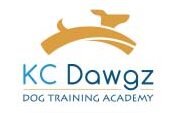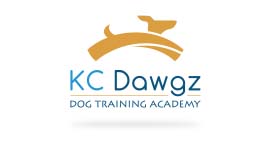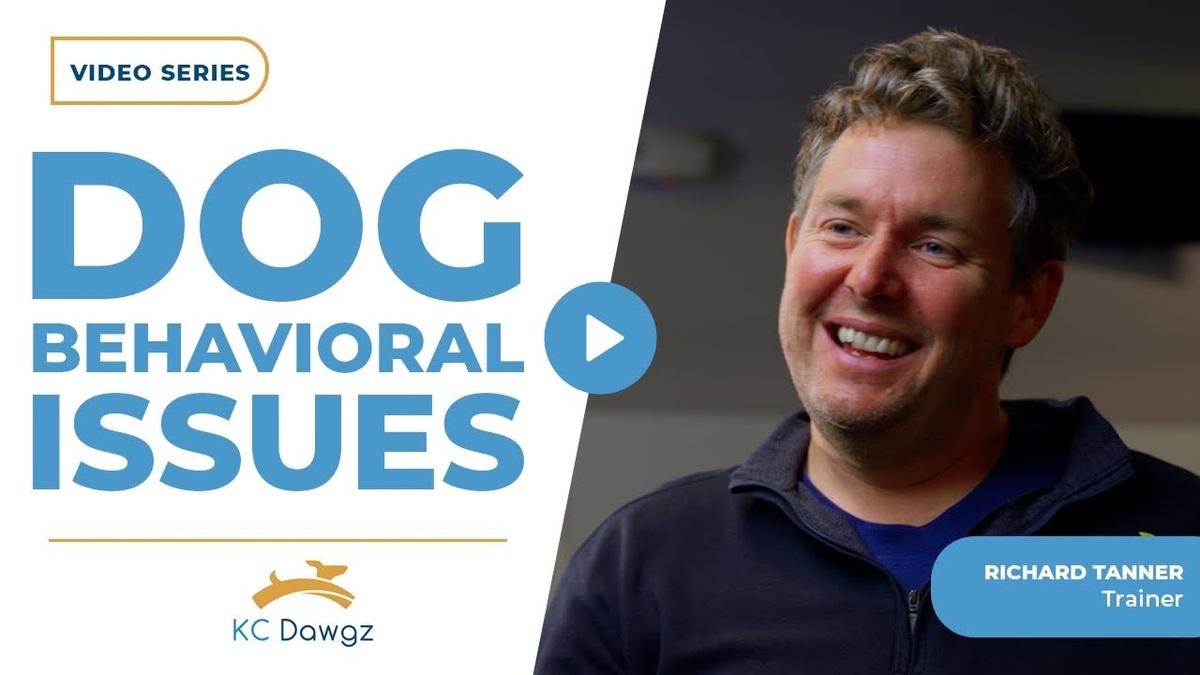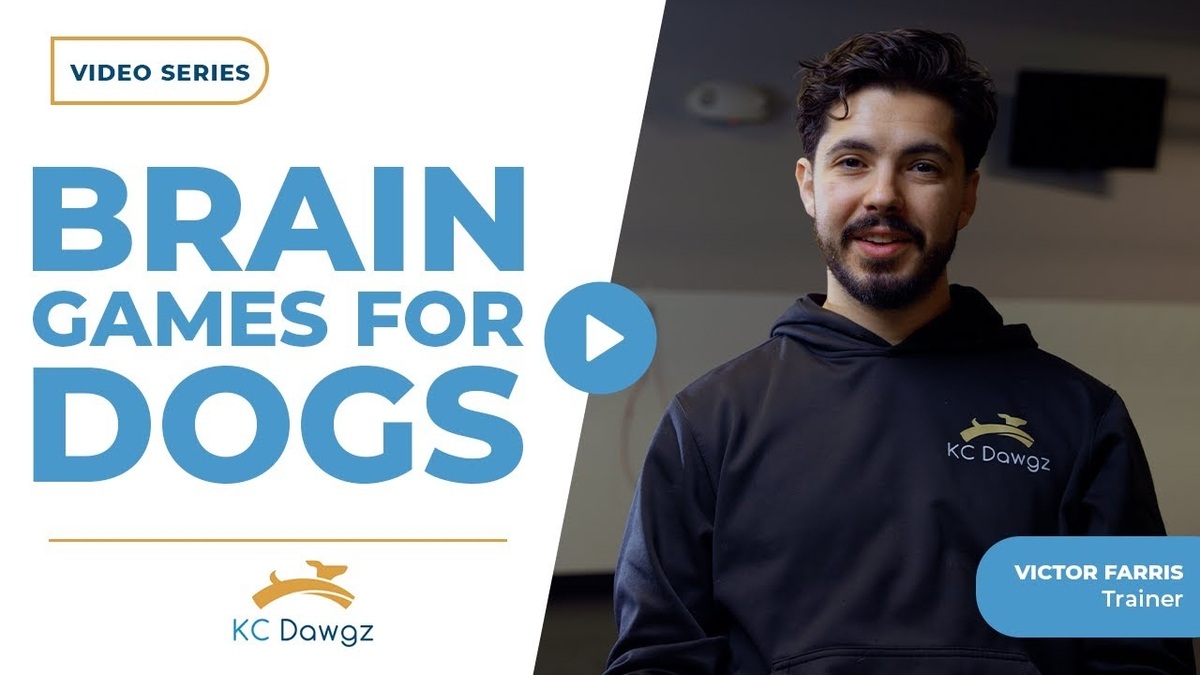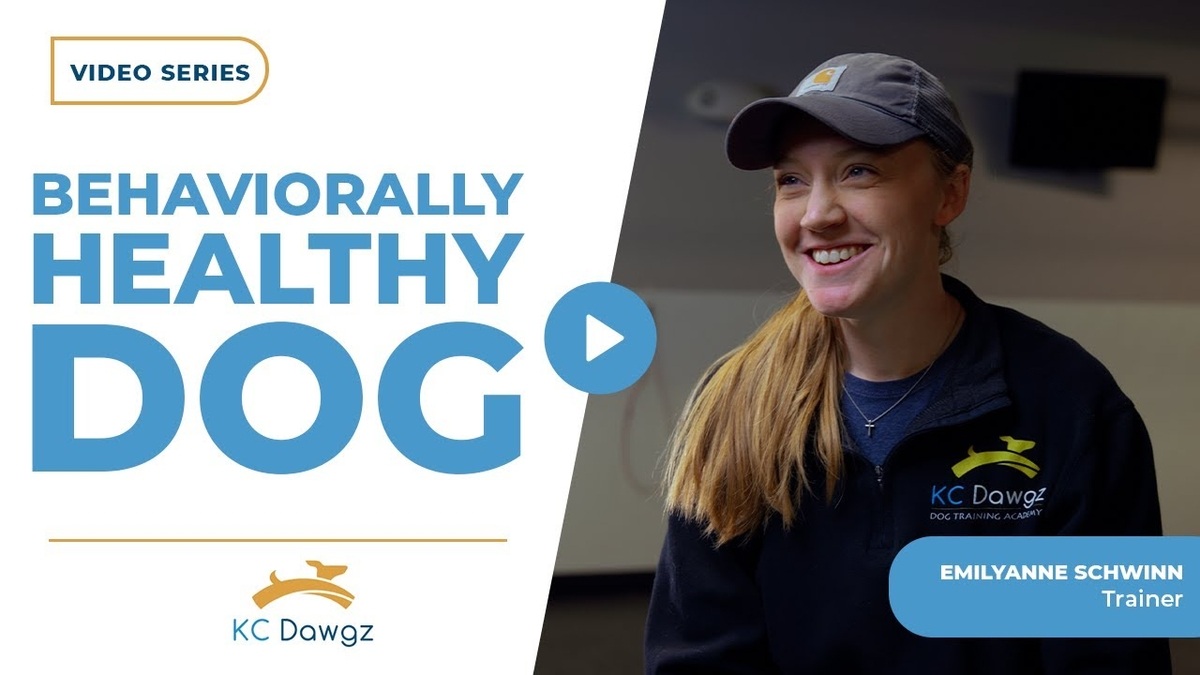Bringing a new puppy is exciting, but frequent bites during the game can be a quick problem. Learning how to stop a puppy from biting supports better long-term training and prevents the formation of bad habits.
By setting clear boundaries and using consistent, positive training methods, you can guide them to a safe, gentle game that creates confidence and good manners.
Understanding Why Puppies Bite and How to Recognize the Cause
Puppies bite for different reasons. Some bite during play. Others may do it when they are overly excited or stressed. Understanding the cause will help you respond in the right way.
If your puppy bites during play, stop the game for a short time. This shows them that biting ends the fun. Then you can decide whether to redirect them or correct the behavior. Pay attention to what works best for your puppy.
Pro Tip: Do not let your puppy play with your hands. Use toys so they learn what is okay to bite.
How to Read Your Puppy’s Body Language
Body language gives you a clue about why your puppy is biting. See their postures, ears, and tails. A relaxed stance usually means playful biting. Stiff movements or intense staring mean it is inspired by enthusiasm or frustration.
If the bite is aggressive or defensive, it is time to calm your puppy and let it cool. Taking them away from the situation helps to organize them and prevents growth.
How to Respond When Your Puppy Bites During Play
Removing your puppy from the game is often the most effective step at the start. This tells them the behavior is not acceptable. Use short timeouts and bring them back when they are calm.
Redirection the Right Way
Redirection is useful, but only when the timing is right. If you offer a toy while biting is still happening, you may be rewarding the wrong behavior.
Key Takeaway: Timing matters. Rewarding your puppy when they are calm teaches them what earns attention.
Know When to Seek Professional Training Support
Sometimes biting is more than simply playful behavior. If you notice symptoms like guarding meals, snapping when touched, or biting without warning, reach out to an expert trainer. These can be early signs and symptoms of a bigger issue.
A trainer can investigate the cause and create a plan that fits your dog’s needs. They can also show you handling strategies that prevent awful habits from forming.
Need expert help with how to stop puppy biting? Contact KC Dawgz for a free consultation. We will help you correct the behavior quickly and safely.
Training Tips That Work
- Start early: The sooner you set rules, the better the results.
- Be consistent: Respond the same way each time your puppy bites.
- Use toys: Keep a variety of safe chew toys available.
- Stay calm: Yelling or hitting can make biting worse.
- Praise good behavior: Reward your puppy when they play gently.
Managing Biting in the Long Term
Training does not end once the biting slows down. Keep reinforcing the rules so your puppy remembers them as they grow. Play sessions are a great way to practice gentle behavior.
Also, provide enough exercise and mental stimulation. Bored puppies are more likely to nip. Walks, puzzle toys, and short training sessions keep their mind and bodies active.
In Summary
Early intervention, patience, and stability are necessary to prevent the puppy from biting. You can teach your puppy to play the limit quickly, control overexcitation, and play without properly employing the redirect.
For professional training, KC remains in touch with Dawgz if the behavior persists or feels severe. We can help you bite in healthy, healthy habits.
To arrange your free consultation and get professional training advice for your puppy, contact KC Dawgz right now.
